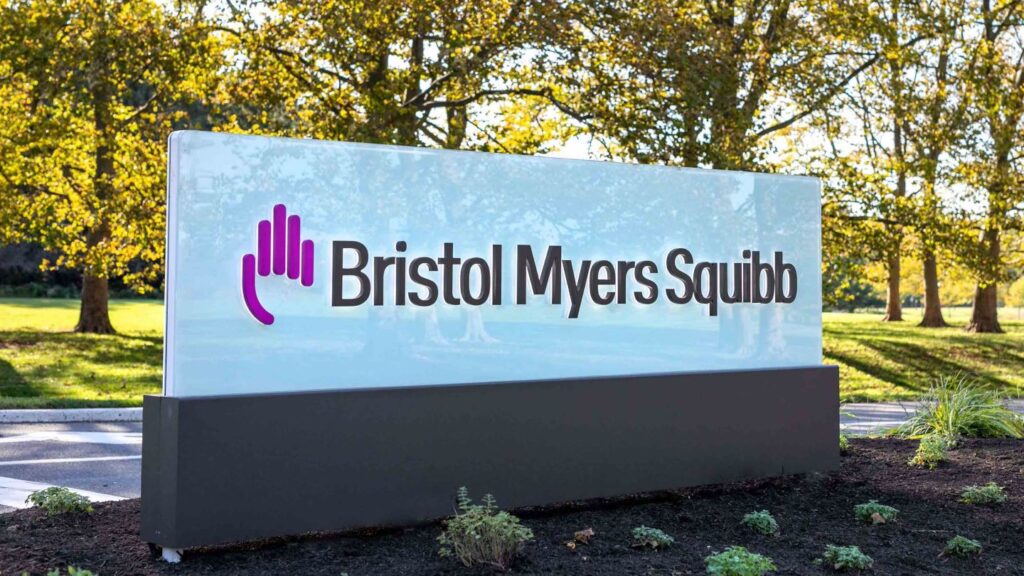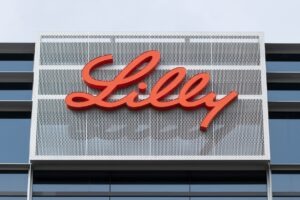The US Food and Drug Administration (FDA) has accepted Bristol Myers Squibb’s (BMS) biologics license application (BLA) for the subcutaneous formulation of Opdivo (nivolumab) formulated along with Halozyme’s recombinant human hyaluronidase (rHuPH20) [referred as subcutaneous nivolumab] for previously approved solid tumour indications for the drug.

A regulatory decision on the approval for BMS’ subcutaneous nivolumab under the Prescription Drug User Fee Act (PDUFA) is expected on 28 February next year. Credit: Bristol-Myers Squibb Company.
Subscribe to our email newsletter
The BLA seeks approval for the use of subcutaneous nivolumab as a monotherapy, as maintenance therapy after treatment with Opdivo plus Yervoy (ipilimumab) combination regimen, or along with chemotherapy or cabozantinib in adult patients.
A regulatory decision on the approval under the Prescription Drug User Fee Act (PDUFA) is expected on 28 February next year.
The FDA’s acceptance of the BLA submission is based on data from the randomised, open-label Phase III CheckMate -67T study.
This trial compared the subcutaneous nivolumab to intravenous (IV) Opdivo in advanced or metastatic clear cell renal cell carcinoma (ccRCC) patients who priorly received systemic treatment.
According to the findings, subcutaneous nivolumab met the noninferiority criteria for Cavgd28, the time-averaged Opdivo serum concentration over 28 days, and Cminss, the trough serum concentration at steady state versus IV Opdivo.
These were the co-primary endpoints of the study.
Furthermore, the subcutaneous version of the drug also showed noninferiority in the key powered secondary endpoint of objective response rate (ORR) compared to the IV formulation.
Subcutaneous nivolumab’s safety profile was found to be in line with that of the IV version in the trial.
Bristol Myers Squibb global programme lead and vice-president Gina Fusaro said: “We believe subcutaneous nivolumab has the potential to make a significant difference in the lives of patients, which is reinforced by the FDA’s acceptance of our application.
“Opdivo is a foundational PD-1 inhibitor approved for many different types of cancer, and our continued investment in research that puts patients first remains a priority. If approved by the FDA, the subcutaneous administration of nivolumab would provide patients and their physicians with a new option that delivers the same well-known benefits as IV Opdivo but with the improved convenience of an injection administered in three-to-five minutes rather than a 30-to-60-minute infusion.”
 Advertise With UsAdvertise on our extensive network of industry websites and newsletters.
Advertise With UsAdvertise on our extensive network of industry websites and newsletters.
 Get the PBR newsletterSign up to our free email to get all the latest PBR
news.
Get the PBR newsletterSign up to our free email to get all the latest PBR
news.

